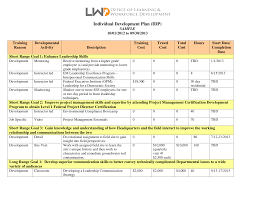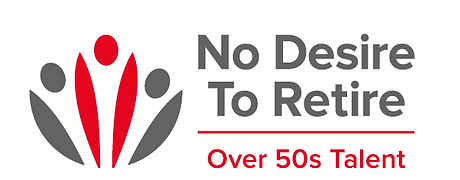
A careers service offers impartial guidance, career advice, and career preparation. It helps students prepare for a career and gives students realistic post-graduation salary expectations. The career service is a great resource for students looking to explore their career options, build their resumes, as well as help them plan for the future. This is a great way for you to improve your job search and increase the chances of finding a job after graduation.
Career services are impartial, all-age career information, advice, and guidance service.
Career services provide impartial advice and guidance for young people, parents, and adults. A qualified career adviser can help guide you in making a decision based upon your personal values and goals. Ask for an online chat service, or set up a face-to–face meeting with an adviser.
The new government committed to establishing a national all-age careers service. Both the Liberal Democrats, and the Conservative parties supported the idea. They also agreed with the idea that young people should have independent career advice, guidance and support. The Conservative party promised to offer the new service upon winning the election.

There are many concerns over the quality of career guidance provided in England. One concern is that not all services can offer impartial advice or guidance. The current system of careers provision has a lot of shortcomings. As a result, the Department for Education is planning to introduce a statutory, national careers education service by Autumn 2017. However, recent research has shown that the quality and quantity of careers advice in schools has fallen. According to a survey conducted by 1,500 career advisors, less than two-thirds (23%) of schools provide impartial careers advice. Connexions' closure resulted in one school providing only 65 days of career advice, while Connexions went away.
They are designed to help students prepare for a job.
Students can find their next career path through the careers department at college or university. These offices are staffed with professionals who have extensive knowledge in a variety of areas. Some of these professionals have been working in the field for years, and they can offer valuable advice to students. It is a good idea start career planning early in your academic career.
Career Services assists students in finding opportunities, engaging them in student employment and creating an environment that allows them to pursue their interests. Career Services also maintains a database of more than 30,000 opportunities and has strong links with over six thousand employers. They also host recruiting events and offer career guidance to help students find a career that suits their interests.
Students also use career services to find internships and jobs. The National Association of Colleges and Employers reported nearly half of all students who completed internships got offers. Students might also need help creating their resumes. Career Services staff can help with organizing experiences, writing a summary, choosing the correct font, and many other tasks.

These guidelines provide realistic expectations regarding post-graduation salary.
Although most post-graduation salaries don't reach six-figures annually, the average undergraduate underestimates their earnings by $15,000 per year. For bachelor's degree holders who have zero to five years experience, the median salary is $47,000. The data shows that young adults don't spend nearly as much as their college peers. These unrealized hopes may have contributed to recent trends in lower spending among young adults.
The first step in establishing realistic salary expectations is learning more about the job market for those with your particular field. This is something that many students do not learn until after they have completed four year's of school. Research shows that women expect to earn about $4,300 less than men after graduation. This gap is most evident in fields where men are the dominant workforce.